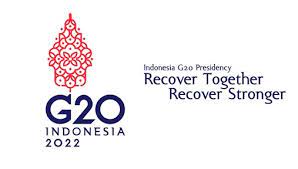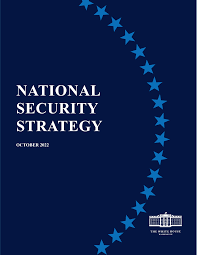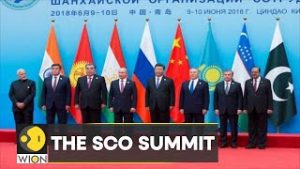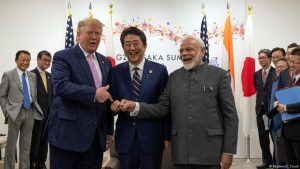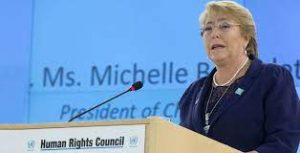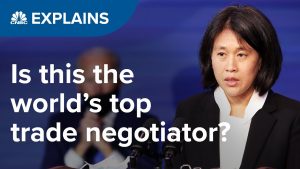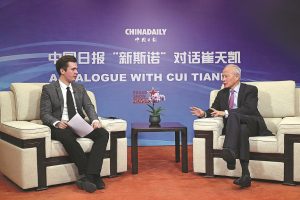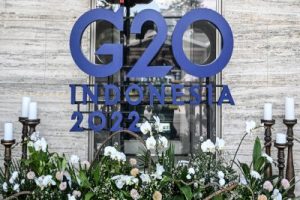
Dominating our smartphone screens, televisions, and front pages were photos of Justin Trudeau, Xi Jinping, Joe Biden, and Giorgia Meloni in traditional Indonesian attire, participating in a ceremonial mangrove tree planting event and gathering late night to discuss the missiles that killed two Poles, contemplating potential next steps using NATO’s Article 4. These leaders are – whether they want to be or not – celebrities. They are simultaneously praised and critiqued depending on who is watching them. Yet, what is not seen by mainstream audiences, perhaps even those more politically astute, is the intricate machine of behind-the-scenes work taking place throughout 257 meetings between December 2021 and December 2022 under Indonesia’s presidency of the G20 Summit.
In 2011, the Director of the Global Summitry Project, Alan Alexandroff, wrote about the notion of the G20 not being solely about its leaders, but rather surrounding the Leaders’ Summit an array of complementary “personal representatives, ministers, other officials, IFIs, IOs, [and] global regulators that make the G[20] system work – or not”. Whether the G20 is successful (a subjective term, in any case), is a different conversation.
Alexandroff’s Iceberg Theory of Global Governance positions the G20 Leaders’ Summit at its tip, but the vast bulk of the iceberg is situated below the surface, and often goes unnoticed by the majority of observers and experts.
This underwater all-encompassing mass is formed by numerous assemblies: from Ministerial meetings regarding health, environment and climate, women’s empowerment, trade investment and industry, the energy transition, development, labor, research and innovation, and tourism; to Finance Ministers and Central Bank Governor meetings, Finance-Health Deputies meetings, joint Sherpa and Finance Deputies meetings, individual Sherpa meetings, Foreign Ministers meetings, G20 Digital Ministers meetings, and Education Ministers meetings; and lastly, engagement group gatherings (including the U20, B20 on climate/energy, integrity, compliance, and business leaders; the T20, with numerous recommendations from think tanks around the world, the Y20, with priority areas on digital transformation and youth empowerment, and the L20 Employment Summit).
It would be hard to contest that the G20 indeed has been a platform that has developed and advanced key collaborative actions toward policies and priorities, from the Leader Declaration identifying the Pandemic Fund, the Financial Intermediary Funds for Pandemic Prevention, which employs the World Bank and World Health Organization.
The incoming G20 Troika – Indonesia, India and Brazil – will mark a unique shift in global governance deliberations. It will be led by three Global South countries with emerging large market economies hosting the year-long activities. The hosting will pass from India in 2023, Brazil in 2024, and South Africa in 2025.
We anticipate this three-year spread of Global South presidencies will tackle issues that have been brushed to the side or missed in other G20 Summits. This is certainly a significant step in the effort to construct a multilateral network to seek mutually beneficial responses to growing challenges impacting all countries.
The Financial Times released an article following Indonesia’s Leaders’ Summit, deeming its outcomes “remarkable”. Russia, represented by its Minister of Foreign Affairs, Sergei Lavrov, seemed isolated on the world stage as China put forth a more neutral stance in its support towards Moscow. Xi commented that his administration “resolutely opposes attempt[s] to politicize food and energy issues or use them as tools and weapons”.

